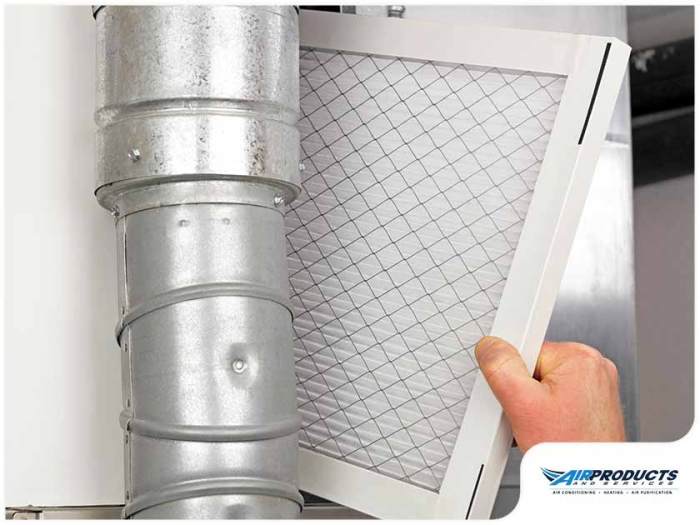You should replace your blank every 15 000 miles – Replace your spark plugs every 15,000 miles to maintain optimal engine performance, fuel efficiency, and longevity. Neglecting regular spark plug replacement can lead to a range of issues, including decreased engine power, rough idling, increased fuel consumption, and premature catalytic converter failure.
Spark plugs play a crucial role in the combustion process, providing the electrical spark that ignites the air-fuel mixture in the engine’s cylinders. Over time, spark plugs can become worn or fouled, reducing their effectiveness and compromising engine performance.
Replacement Frequency

Replacing certain items on your vehicle every 15,000 miles is crucial for maintaining its performance, safety, and longevity. Neglecting regular replacements can lead to costly repairs and potential hazards.
Items to Replace
The following items should be replaced every 15,000 miles:
- Oil and Oil Filter:Lubricates engine components and removes contaminants.
- Air Filter:Traps airborne particles and ensures clean air flow to the engine.
- Spark Plugs:Generate electrical sparks to ignite the fuel mixture in the engine.
- Tire Rotation:Evens out tire wear and extends their lifespan.
- Brake Pads and Rotors:Stop the vehicle and dissipate heat generated by friction.
- Serpentine Belt:Drives accessories such as the alternator, power steering pump, and air conditioning compressor.
- Wiper Blades:Remove rain, snow, and debris from the windshield for clear visibility.
- Battery:Provides electrical power to start the engine and operate electrical components.
Replacement Process
Follow these steps for effective item replacement:
- Consult your vehicle’s owner’s manual for specific replacement instructions.
- Gather necessary tools and replacement parts.
- Position the vehicle safely and engage the parking brake.
- Locate the item to be replaced and follow the manufacturer’s instructions for removal and installation.
- Inspect the surrounding area for any additional issues that may need attention.
- Dispose of old parts properly and recycle if possible.
Benefits of Regular Replacement
Regular item replacement offers numerous benefits, including:
- Improved Performance:Optimizes engine operation and ensures smooth acceleration and handling.
- Enhanced Safety:Reduces the risk of breakdowns, accidents, and other safety hazards.
- Increased Fuel Efficiency:Well-maintained vehicles consume less fuel.
- Extended Vehicle Lifespan:Protects critical components and reduces the likelihood of premature failure.
- Reduced Repair Costs:Regular replacements prevent minor issues from escalating into costly repairs.
Additional Considerations, You should replace your blank every 15 000 miles
Consider the following factors when determining replacement frequency:
- Driving Conditions:Severe driving conditions (e.g., stop-and-go traffic, extreme temperatures) may necessitate more frequent replacements.
- Vehicle Age:Older vehicles may require more frequent replacements due to wear and tear.
- Manufacturer Recommendations:Always refer to the manufacturer’s recommended replacement schedule for your specific vehicle.
FAQ Compilation: You Should Replace Your Blank Every 15 000 Miles
Why is it important to replace spark plugs every 15,000 miles?
Regular spark plug replacement is crucial for maintaining optimal engine performance, fuel efficiency, and longevity. Worn or fouled spark plugs can lead to decreased engine power, rough idling, increased fuel consumption, and premature catalytic converter failure.
What are the signs that my spark plugs need to be replaced?
Symptoms of worn or fouled spark plugs can include difficulty starting the engine, rough idling, decreased engine power, increased fuel consumption, and engine misfires.
Can I replace spark plugs myself?
While it is possible to replace spark plugs yourself, it is recommended to have them replaced by a qualified mechanic. Spark plug replacement requires specialized tools and knowledge to ensure proper installation and torque.

